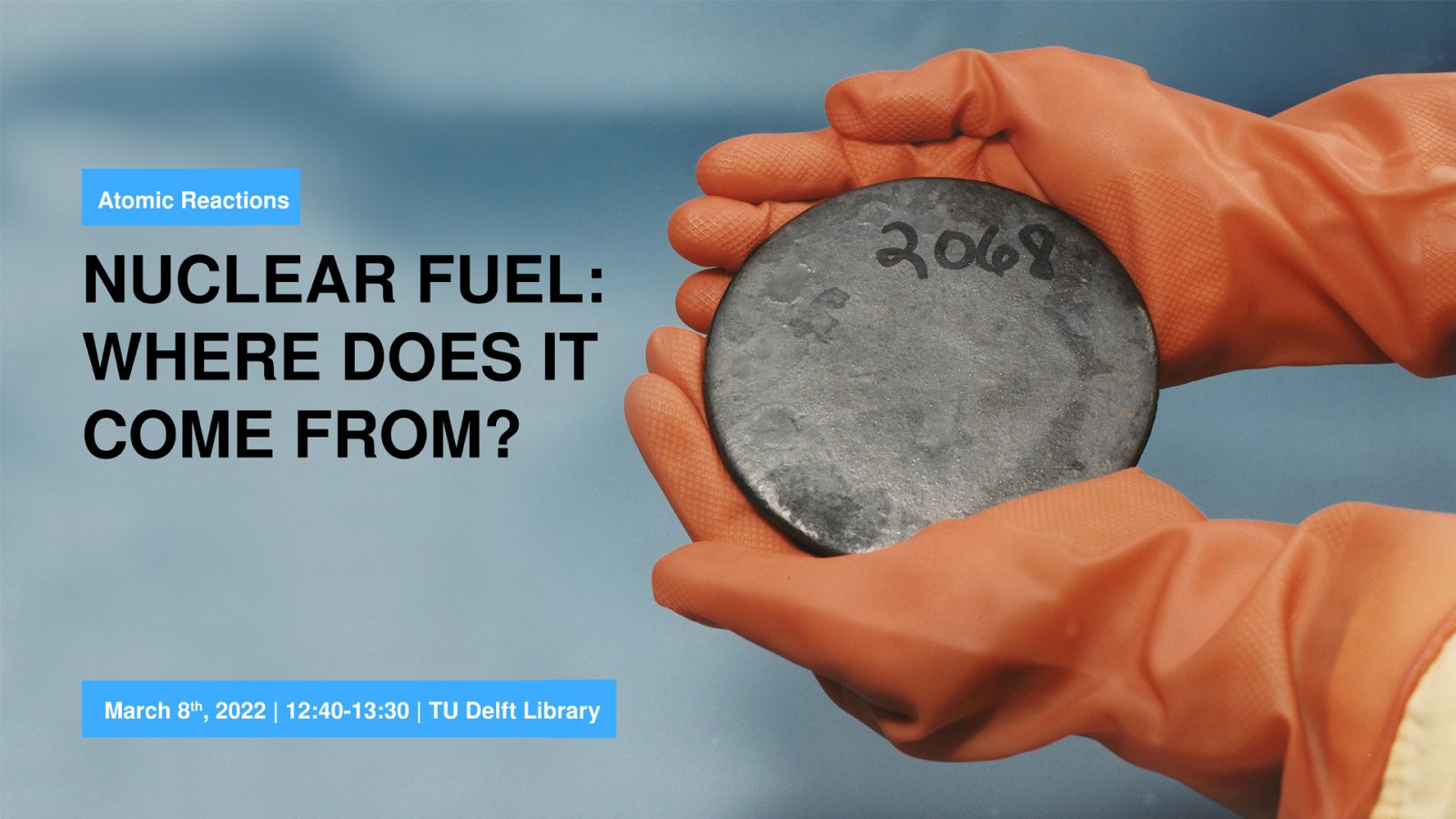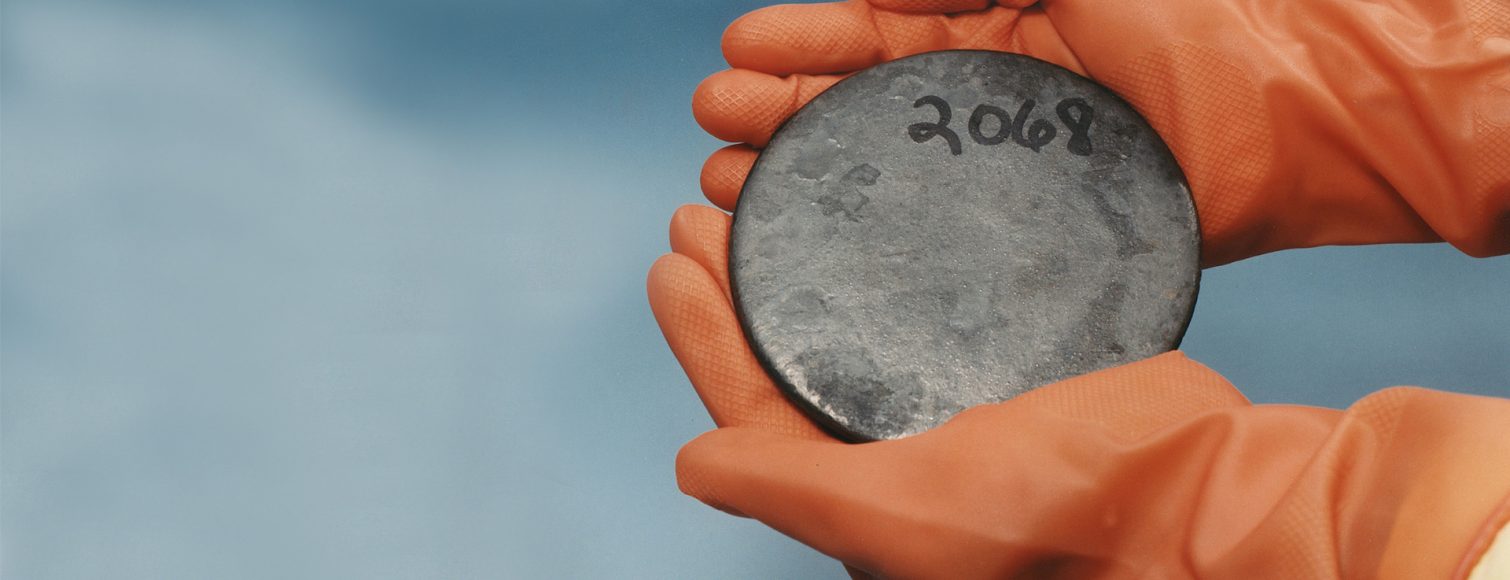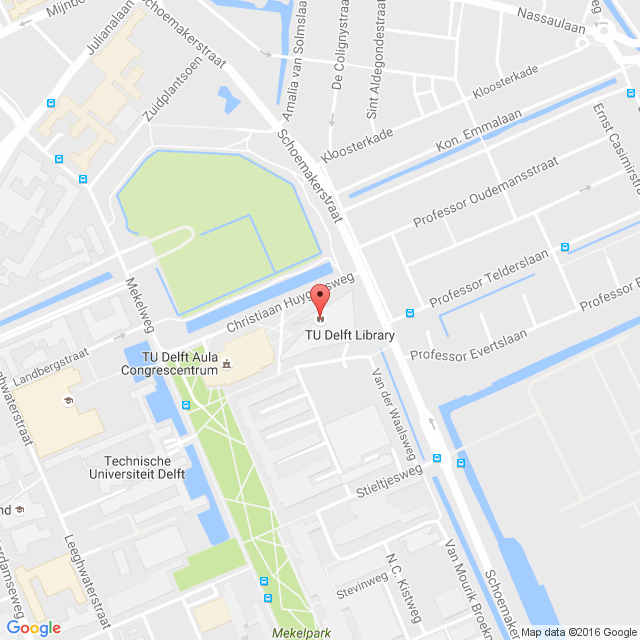Recording: Nuclear Fuel: Where Does It Come From?
Have you ever wondered where our nuclear fuel comes from? How it’s extracted from the earth, and whether this process is clean, safe, and fair enough to fit in the bigger picture of the energy transition?
Atomic energy, medical isotopes, “the bomb” – they all need radioactive material to work. While the risks of nuclear energy have been in the public mind for quite some time now, the actual origins of our nuclear fuel are much more obscure. With this lecture we’ll explore the industry, market, and social and environmental realities of uranium mining. With Dirk Bannink, co-founder of the nuclear energy documentation and research centre Stichting Laka, and Rianne Teule, radiation expert for Greenpeace, who visited uranium mining towns in Niger and documented environmental impacts.
Register for this event for free!

ATOMIC REACTIONS – Exhibition, lectures, and workshops in the TU Delft Library
Nuclear energy evokes a tangled array of images and emotions. You might think of third world wars, radioactive materials being dumped into our oceans, or whitecoats harnessing atoms in reactors. Do you see promise of freedom from fossil fuels or fear the dangers of radiation that remain for centuries? Since its inception roughly 70 years ago, atomic science, its frames and our resulting associations have been manipulated. Our opinions are coloured by our educational and cultural backgrounds. Similarly, the framing of nuclear energy in media, politics, or the arts influences our judgement.
In this exhibition and programme of arts events, lectures, and workshops, TU Delft Library aims to untie the messy knot formed around this topic. Join us in asking the tough questions: What political, ethical, ecological, and mythological frames comprise our perspectives? How informed are we with the current state of atomic science–its history and presence on campus? Can we disconnect from how charged this subject has become in cultural myths?
The exhibition and the complementary programme will run from the beginning of March to early June 2022. The program consists of a linked series of events which will add content to the exhibition. This programme is a collaboration between the TU Delft Library teams of Studium Generale, Open Spaces, and Academic Heritage and is part of TU Delft’s programme for its 180th lustrum. The theme for this lustrum year is: energy transition. Lustrum (tudelft.nl)


